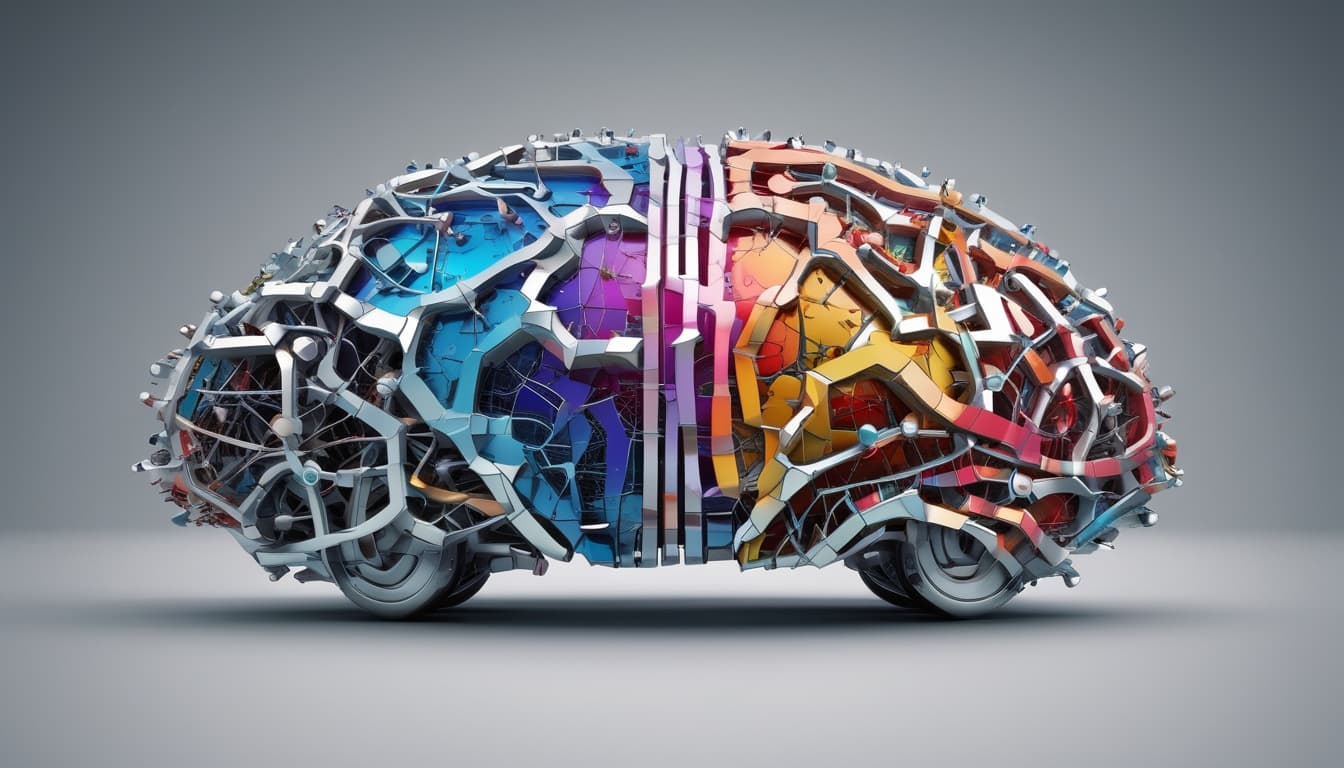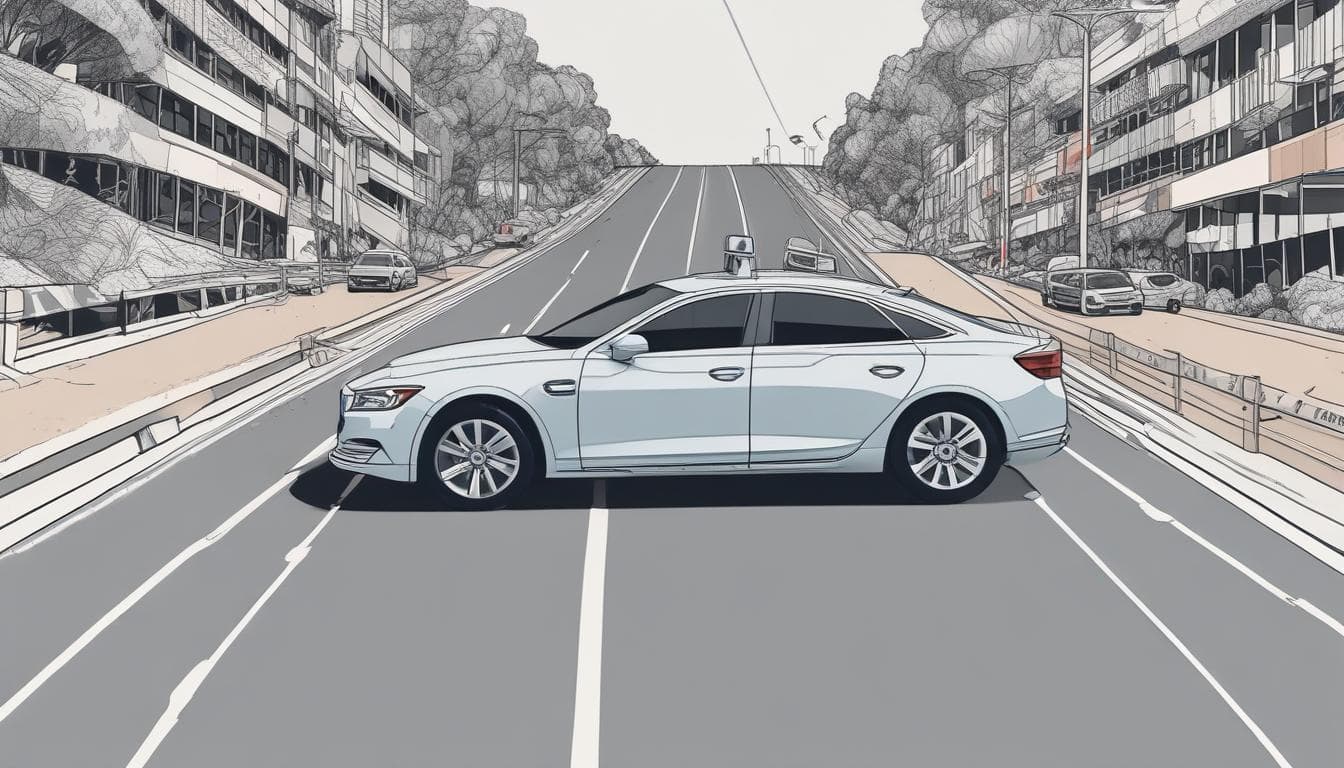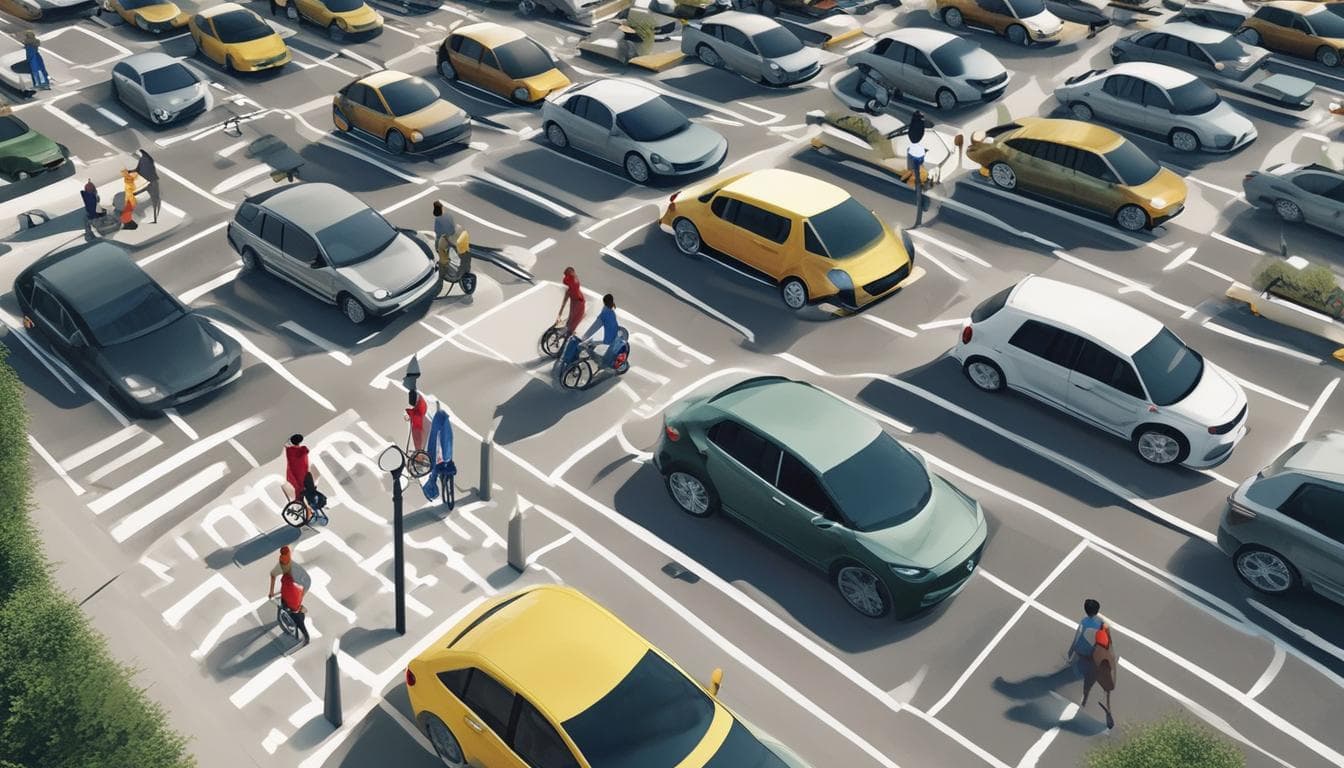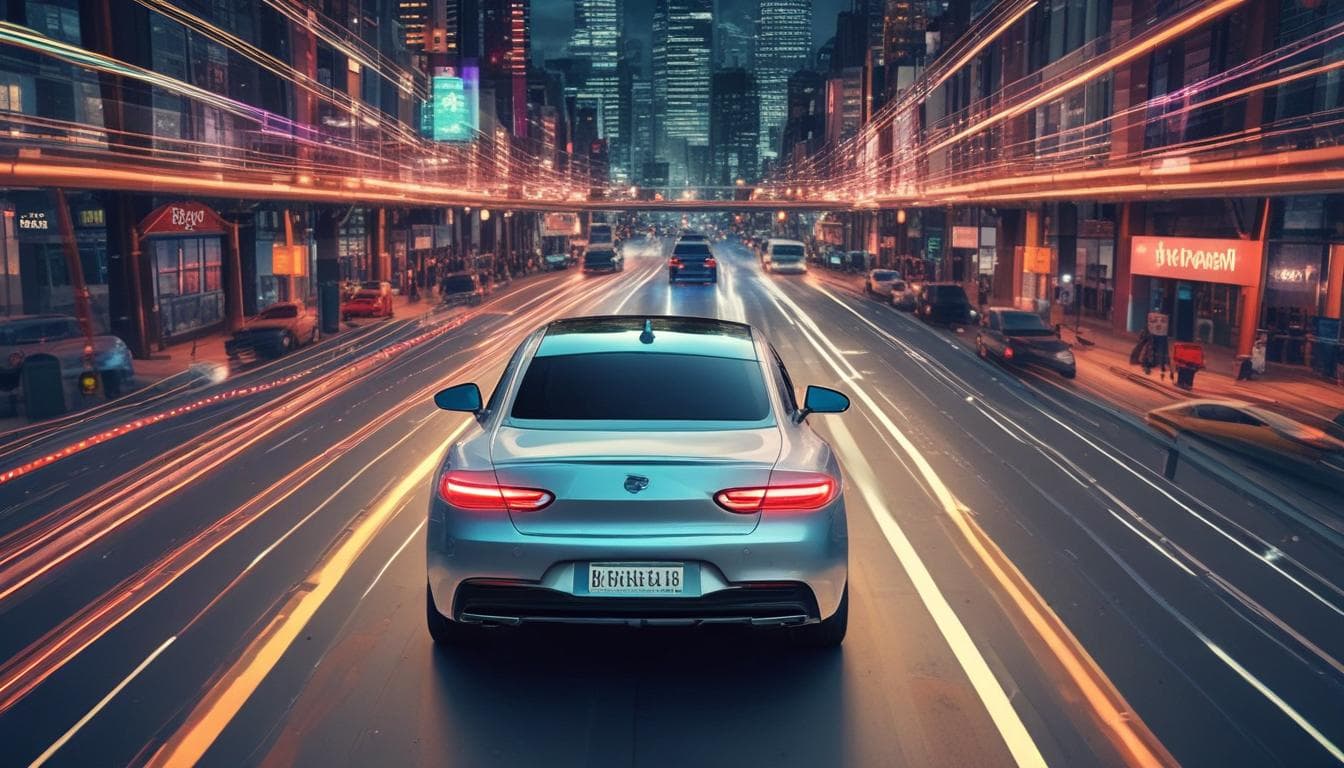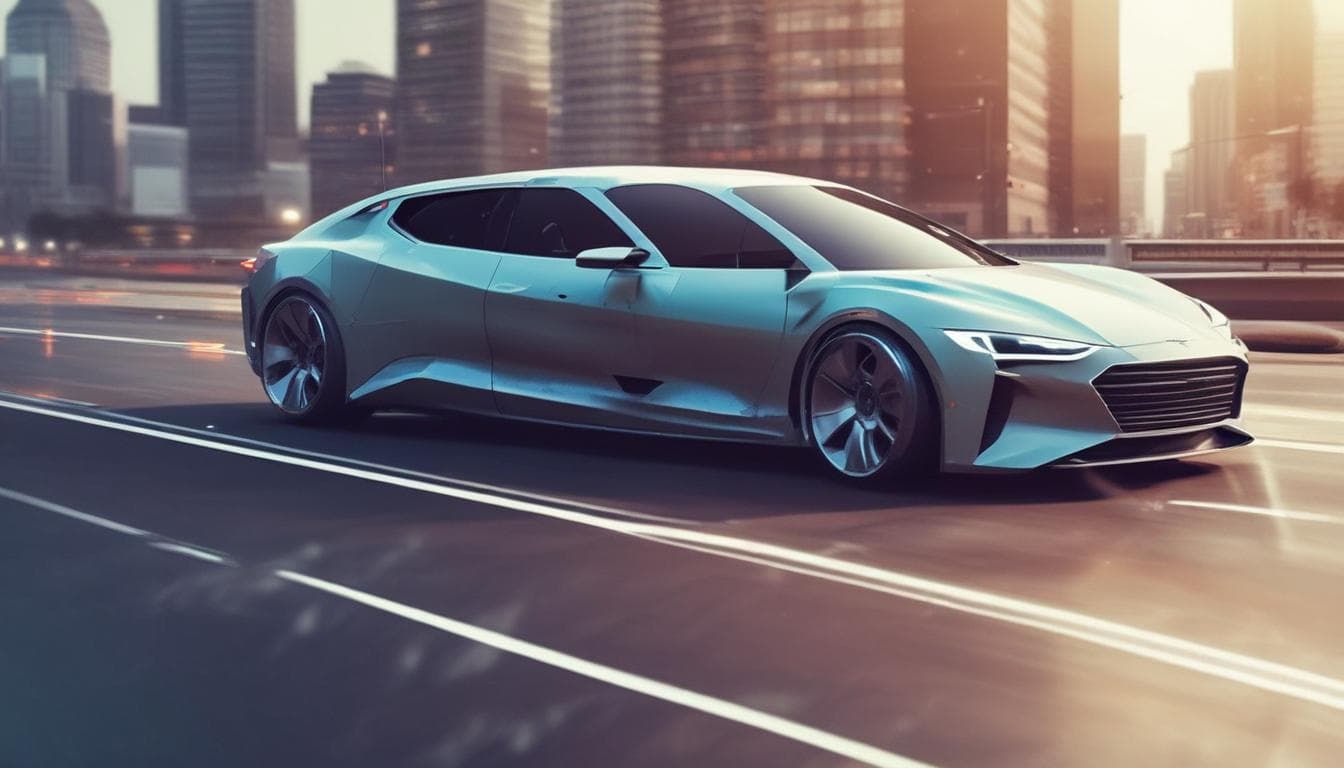With the increasing sophistication of AI in vehicles, how do you envision the future of in-car emergency systems evolving beyond collision avoidance? Imagine scenarios like predictive medical emergencies or natural disaster warnings integrated into the car's AI. What ethical considerations and potential challenges might arise?
The integration of AI into in-car emergency systems promises an exciting leap forward in vehicle safety and personal security. Beyond just collision avoidance, these systems could indeed evolve to encompass a wide range of predictive capabilities. Here are a few possibilities and considerations:
Predictive Medical Emergencies
Imagine a scenario where the car’s AI is linked to wearable health monitors, capable of detecting abnormalities such as irregular heartbeats or signs of a stroke. Such data could prompt the vehicle to take emergency actions, like notifying emergency services or even autonomously driving to the nearest hospital. This innovative use is not far-fetched, as the AI revolution in automotive design and driving experience continues to evolve.
Natural Disaster Warnings
When integrated with real-time data feeds and smart city infrastructures, car AIs could alert drivers to imminent natural disasters—such as tornadoes or wildfires—allowing them to take safer routes or find shelter promptly.
Ethical Considerations and Challenges
- Privacy Concerns: The use of personal health data raises significant privacy issues. It’s crucial to ensure that data gathered by these systems is handled securely and ethically.
- Decision-Making in Emergencies: AI must be flawlessly programmed to make the right decisions under pressure, as incorrect actions could lead to catastrophic consequences.
- Technology Dependency: As we entrust more decisions to AI, it’s essential to ensure there are fail-safes and backup systems in place.
Incorporating these advanced features opens a spectrum of debates on the implications for user privacy, security standards, data management, and infrastructure readiness. For those interested in the potential transformation of automotive landscapes, check out this discussion on how mobility innovations like MaaS are reshaping transportation.
Overall, the path ahead is rich with innovation and challenges alike, inviting us to not only reimagine the role of our cars in emergencies but also to address the broader implications of these advancements.
探索更多相关内容
加入讨论
- 未来汽车:移动的个人健康管理中心?机遇、挑战与展望
探讨未来汽车如何转变为“移动个人健康管理中心”,实时监测身体指标、提供个性化建议。分析其对日常生活、健康习惯的影响,以及带来的机遇、挑战,包括隐私、数据安全和跨界合作等问题。
- 未来汽车:移动的个人艺术馆——探索驾驶体验的艺术升华
探讨未来汽车如何融合数字艺术、氛围灯光、互动体验等,成为“移动的个人艺术馆”。分享您对个性化“移动艺术空间”的创意,以及这种结合对汽车设计、文化和出行方式的深远影响。这是否预示着一个将驾驶体验提升至艺术欣赏层面的全新汽车时代的到来?
- 未来十年,汽车能否成为真正的“移动之家”?
探讨未来十年汽车发展趋势,除了自动驾驶和电动化,还有哪些科技进步能让汽车成为更舒适、智能和娱乐的移动空间?如何改变我们的出行和生活?
